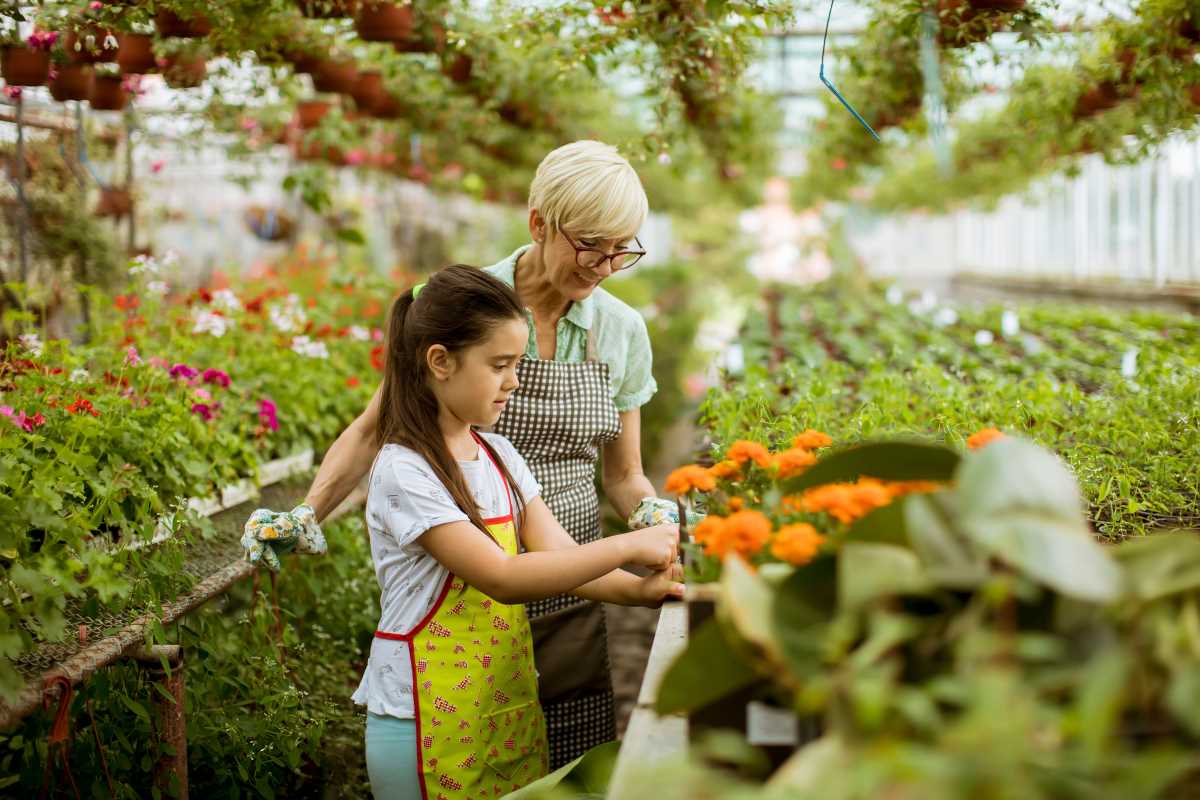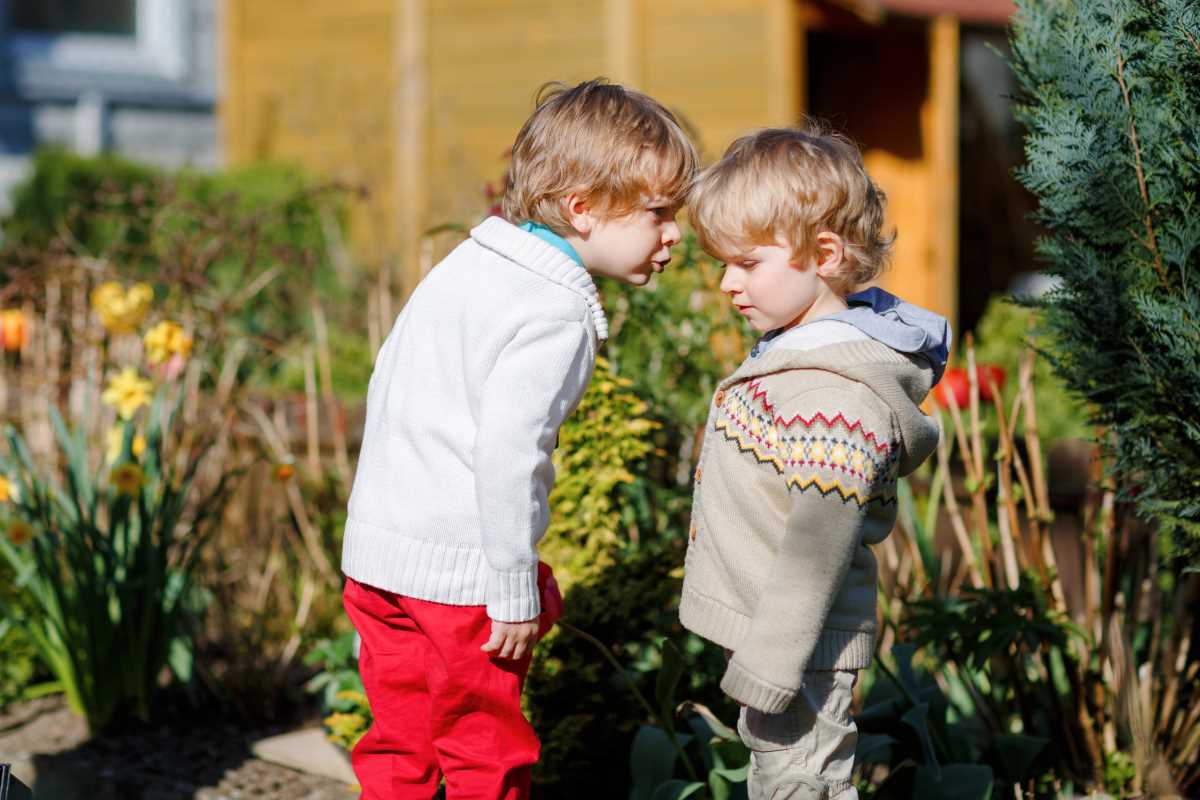Friendships are a fundamental part of growing up. They teach kids how to interact with others, build trust, and develop important life skills like communication and conflict resolution. But while making and maintaining friends can seem simple on the surface, it’s not always easy for kids to figure out. Whether it’s navigating tricky social dynamics, resolving disagreements, or understanding the importance of empathy, kids often need some extra support as they learn the ropes of friendship.
As a parent, you’re in the perfect position to help guide your child through their social experiences, providing encouragement and advice when it’s needed most. By fostering open communication, teaching valuable skills, and modeling healthy relationships, you can help your child build friendships that are positive, rewarding, and long-lasting. Here’s how to do it.
Foster Open Communication
Creating a home environment where your child feels comfortable talking about their friendships is key to understanding how you can help.
Listen With an Open Mind
When your child talks to you about their friends, listen without judgment. Avoid jumping to conclusions or immediately trying to fix the situation. Instead, focus on your child’s feelings and experiences. Simple phrases like “That sounds frustrating” or “Tell me more about what happened” show that you’re interested and empathetic.
Ask Open-Ended Questions
Help your child reflect on their friendships by asking open-ended questions, such as:
- “What do you like most about spending time with [friend’s name]?”
- “How did you feel when that happened?”
- “What do you think you’ll do next time?”
These types of questions encourage your child to think critically about their relationships and develop their social understanding.
Keep the Lines of Communication Open
Make sure your child knows they can come to you any time they need to talk. Regular, casual check-ins about their day can provide opportunities for them to share concerns or celebrate positive experiences without feeling pressured.
Teach Empathy and Understanding
Friendships thrive when kids learn how to understand and care about others’ feelings. You can help build these skills at home in simple yet impactful ways.
Encourage Perspective-Taking
Help your child put themselves in their friend’s shoes. For example, if they’re upset because a friend didn’t invite them to a party, you could say, “How do you think [friend’s name] might have been feeling when they sent their invites?” Teaching kids to consider others’ perspectives can foster a greater sense of empathy.
Model Empathy
Children learn by watching you. Show them what empathy looks like by listening thoughtfully to their concerns, treating others with kindness, and acknowledging people’s feelings. When they see you demonstrating empathy, they’re more likely to do the same.
Practice Role-Playing
If your child struggles to understand a friend’s emotions or respond to social situations, role-playing can be a great teaching tool. For example:
- Pretend to play the role of a friend who’s upset, and practice how your child might offer comfort.
- Reverse roles so your child also gets a chance to imagine what their friend is feeling.
These exercises can make it easier for kids to handle real-life scenarios.
Teach Conflict Resolution
Disagreements and misunderstandings are a normal part of any friendship. By teaching your child how to handle conflicts constructively, you’re equipping them with skills they’ll use for a lifetime.
Encourage Calm Conversations
Explain the importance of staying calm, listening to the other person, and avoiding blaming language during disagreements. For example, instead of saying, “You never share with me,” kids can say, “I feel left out when you don’t share with me.” Using “I” statements helps focus on feelings rather than accusations.
Help Them See Both Sides
If your child is struggling with a conflict, help them consider the perspectives of everyone involved. Ask questions like, “Why do you think your friend might have reacted that way?” Teaching kids to see the bigger picture can make it easier to find fair solutions.
Offer Guidance Without Taking Over
It’s tempting to step in and resolve conflicts for your child, but this doesn’t teach them how to handle issues on their own. Offer suggestions or brainstorm possible solutions together. For example, you might say, “What if you told your friend how you felt and asked how they’re feeling?”
Normalize Apologies
Teach your child that it’s okay to admit when they’ve made a mistake. A sincere apology can go a long way in mending a friendship. You can say, “Sometimes people make mistakes, and that’s okay. What matters is that we make it right.”
Teach the Importance of Boundaries
Part of navigating friendships is understanding the importance of boundaries, both for themselves and others.
Explain Personal Space and Privacy
Help your child understand that everyone has their own comfort level when it comes to sharing feelings, belongings, or personal space. Teach them to respect when a friend says “no” or expresses a need for space.
Talk About Healthy vs. Unhealthy Friendships
Explain how healthy friendships are built on mutual respect, kindness, and trust, while unhealthy ones might involve manipulation, exclusion, or constant teasing. If your child feels uncomfortable in a friendship, encourage them to talk about it and consider whether setting limits or stepping away is the right choice.
Model Assertiveness
Show your child how to be assertive in a respectful way. For example, if a coworker interrupts you during dinner, respond calmly but firmly, “I’ll call you back later when I’m available.” Kids who see you set boundaries are more likely to adopt this skill themselves.
Build Their Social Confidence
Helping your child feel confident in their social abilities makes it easier for them to build and maintain friendships.
Practice Social Skills at Home
Turn everyday moments into opportunities to practice social skills. For example:
- Practice taking turns in a board game.
- Teach polite phrases like “please” and “thank you.”
- Have them try introducing themselves to a family friend during a visit.
Encourage Opportunities to Make Friends
If your child struggles to meet new people, encourage them to join clubs, sports teams, or other activities where they can find peers with similar interests. Having shared goals or hobbies makes it easier to form connections.
Celebrate Their Efforts
Building friendships can be intimidating for some kids. Acknowledge the small steps they take, whether it’s saying “hi” to a classmate or inviting a new friend over. Positive reinforcement builds confidence and encourages them to keep trying.
Be Patient and Supportive
Friendship, like any skill, takes practice. Some kids will pick it up quickly, while others may need more time and guidance. The most important thing you can do as a parent is provide steady support while letting your child develop at their own pace.
Be a Positive Role Model
Your own relationships set a powerful example for your child. Whether it’s helping a friend in need, resolving a disagreement, or celebrating a loved one’s success, show your child what healthy, supportive friendships look like.
Check in Regularly
Even as your child grows more independent, continue checking in about their friendships. Ask how they’re feeling, what they enjoy most about their friends, and whether there’s anything worrying them.
 (Image via
(Image via





